#*commentary
Explore tagged Tumblr posts
Photo
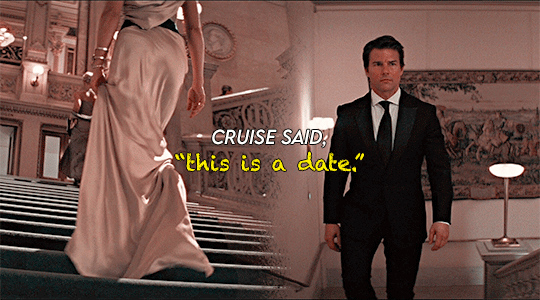

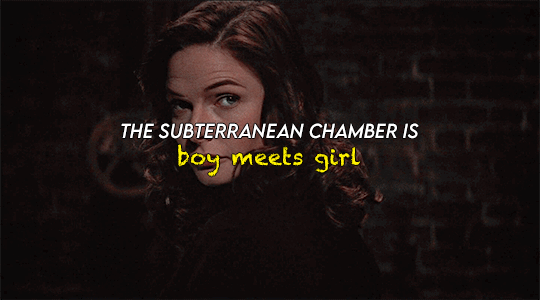
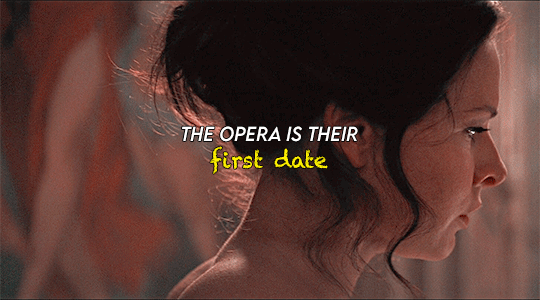


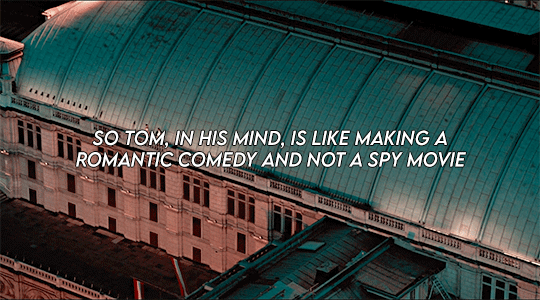

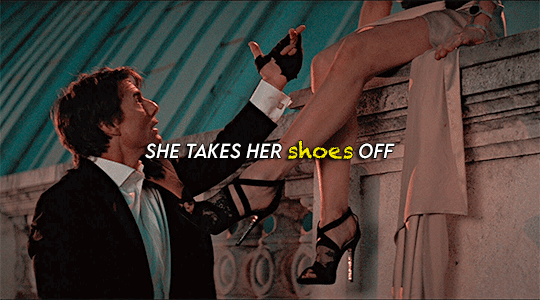
chris mcquarrie: i'm like, we're shooting this action scene and you're running and you're getting out of here... it's like, i don't have time for the shoes. and [tom] was like "the shoes are essential. it's part of the date. she's gotta take her shoes off."
#filmedit#missionimpossibleedit#mission impossible#mission: impossible#ilsa faust#ethan hunt#ilsa x ethan#tom cruise#rebecca ferguson#mi5#*commentary#:') yeah#he's so sick for this#they met#fell in love#and broke up#in the span of one movie#without so much as a kiss#i love these dumbass mofos
943 notes
·
View notes
Text
happy lisa frankenstein physical release day to all those who celebrate
#it’s me i’m celebrating#also ironically had taken the day off today to sleep in after the chappell concert last night and it happened to line up#i will be waiting anxiously by my door for it to get here so i can watch it immediately with director’s commentsry#*commentary#not retyping that#lisa frankenstein#meaghan rambles
20 notes
·
View notes
Text
At some point "fanfic can be as good as professional writing" became "fanfic should be as good as professional writing" and that's caused major damage to fandom spaces.
#fandom#fandoms#fandom critical#fandom criticism#fandom critique#toxic fandom#comic fandom#batfandom#fanfiction#fanfic#fanfics#fanwork#fan writing#ao3#archive of our own#social commentary#my commentary#hot takes#writing#books#comic books#comics#dc comics#fandom discourse#fandom spaces
58K notes
·
View notes
Text








ROMEO + JULIET (1996) + IMDb Trivia
#romeo + juliet#romeo plus juliet#romeo and juliet#baz luhrmann#leonardo dicaprio#john leguizamo#claire danes#harold perrineau#filmedit#dailyflicks#userstream#chewieblog#cinemapix#cinemaspam#monsieurphantom#userlera#vivienvalentino#henricavyll#*#i actually didn't know a lot of those!!! i need to rewatch the movie with baz's commentary 😭 i need this movie injected into my veins
33K notes
·
View notes
Text

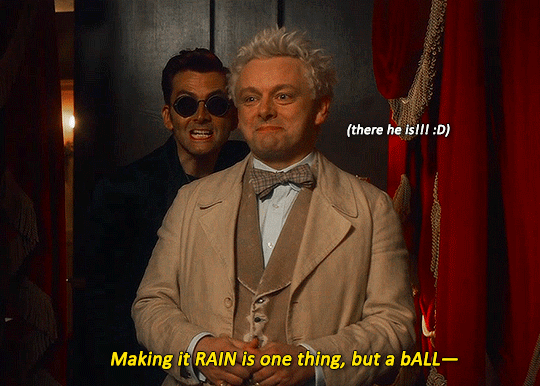
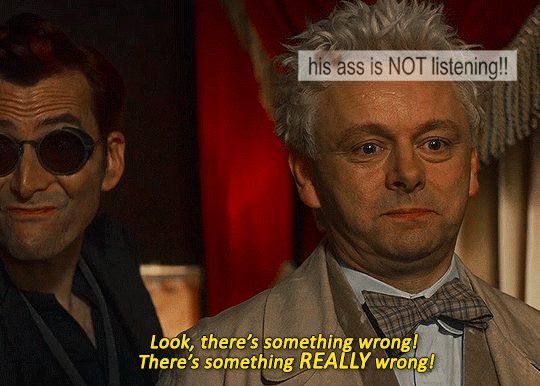
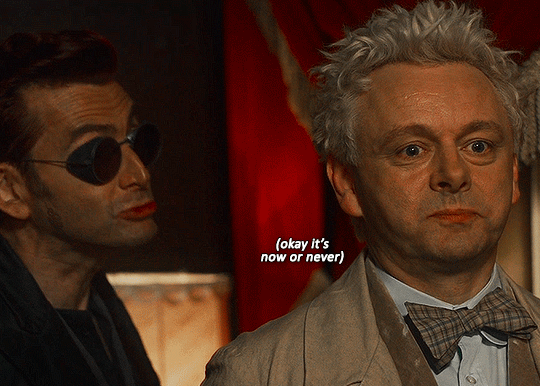
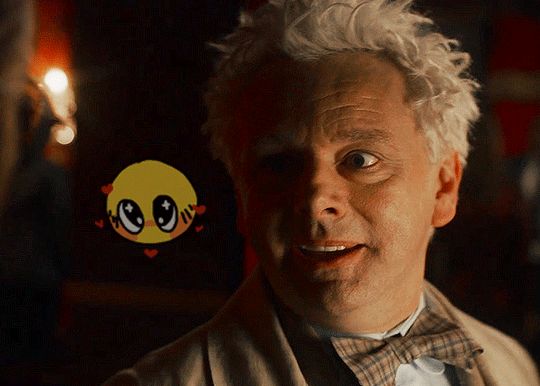
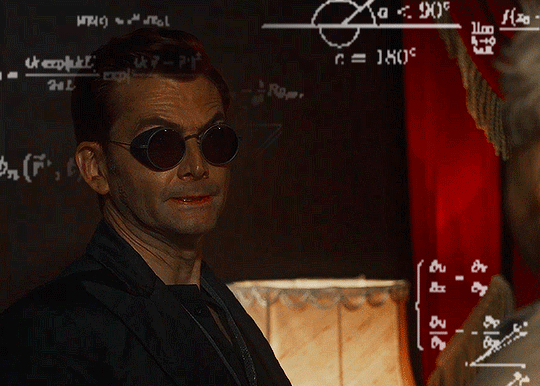
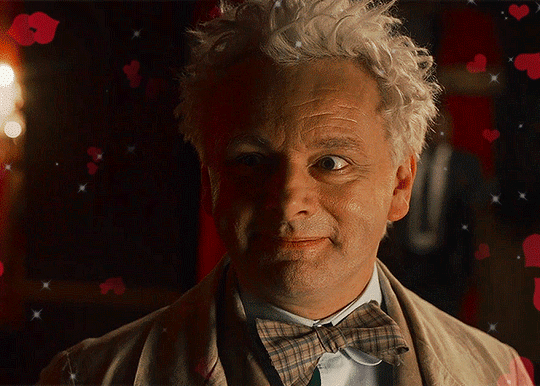
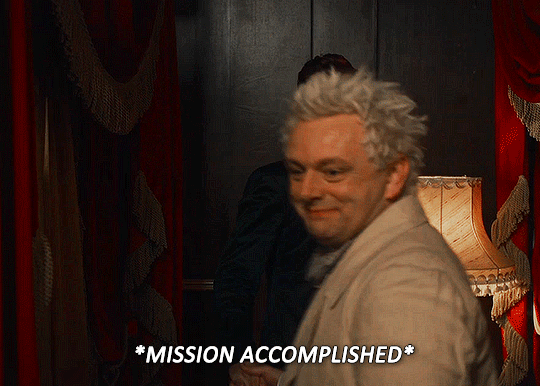
how to ask the demon you've been smitten over for 6000 years to dance: an angel's guide
bonus:
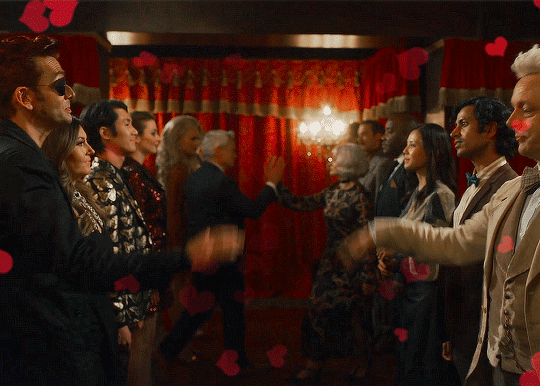
#goodomensedits#goodomensgifs#good omens#good omens s2#good omens spoilers#ineffable husbands#aziracrow#userkristi#userlauren#userstede#userisaiah#userelio#userhani#my gifs#edit: the old caption has been fixed!!! changed it to 'we' like god (neil gaiman) intended#EDIT EDIT: NEIL GAIMAN HIMSELF REBLOGGED THIS POST AND CONFIRMED ITS NOT 'WE' BUT 'YOU DONT DANCE' LIKE I HAD ORIGINALLY OKAY#im returning to my roots#(aka making gifs but adding my chaotic commentary and editing to it)#i wish i was at home i'd be able to use a better quality video but im also ~impatient~#hopefully no one beat me to the punch#because this scene is genuinely one of my favorites like look at azi look at his smile im gonna fucking cry :')))))#like michael sheen!!!!!!!! michael sheen i am banging at your door like a wild chimpanzee#the ACTING CHOICES#the way you can literally SEE his thought process and excitement over asking crowley to dance i am in shambles i really am
65K notes
·
View notes
Text

#Mental Health#Mental Health Crisis#Actual Mental Health#Jonathan Blogs#Posted Without Commentary#Reblog this would you kindly
7K notes
·
View notes
Text
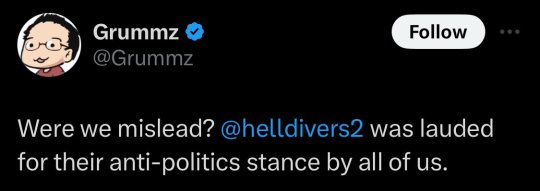
this literally never stops being funny like dog they made starship troopers with the Baby's First Satire cranked up to 11 and these people are still fucking dumbfounded that the creators don't share their politics
#idk if anyone who follows me plays helldivers 2 but trust me#when it comes to “political commentary in video games”#helldivers 2 does everything short of putting “YOU ARE FIGHTING FOR THE BAD GUYS” in every loading sequence#helldivers#helldivers 2
16K notes
·
View notes
Text
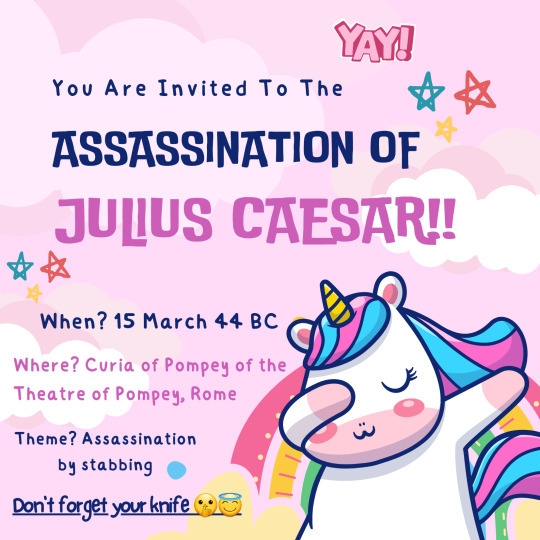

14K notes
·
View notes
Text
there was obviously so much happening this episode. however, i don’t see enough people discussing milchick’s scene.
the way he literally is practicing using paper clips and forcing himself to dumb down his language. actually heartbreaking. his hands shaking, his voice breaking.
it’s that moment right before deconstruction of your religion where you can feel it starting to slip through your fingers, so you clench them into fists and double down on your commitment to it because without it, your entire worldview falls apart. and he doesn’t want all his years of service to lumon to have been wasted.
#seth milchick#obviously there’s commentary on the race aspect of this as well#but i don’t feel qualified to speak on that#severance#severance spoilers#mads talks
5K notes
·
View notes
Text
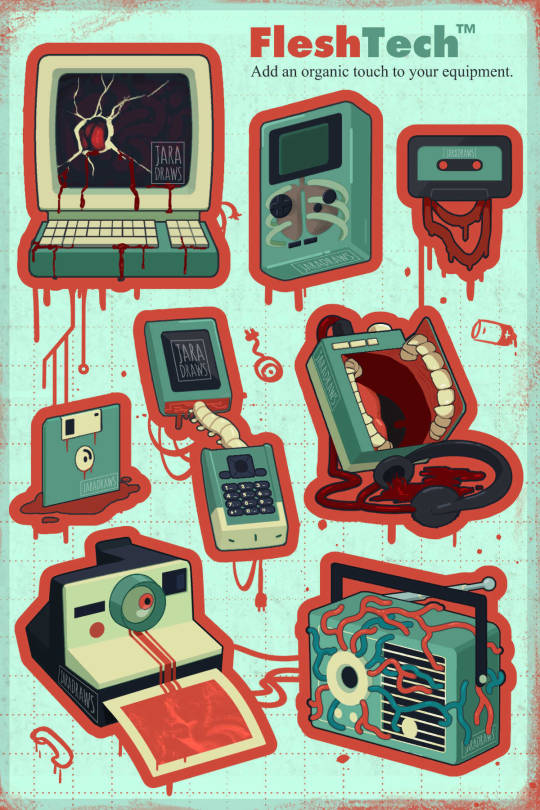
DISCLAIMER: the blood is a feature, not a bug 🩸☎️
#you could probably compress some corporate horror social commentary in here#'we create tech with the heart to love you back 🫀'#this isn't rly one of those things tho i just wanted to make a gross lil sticker sheet comparing veins and wires#jara draws stuff#original#cw: body horror#cw: blood#cw: gore
14K notes
·
View notes
Photo

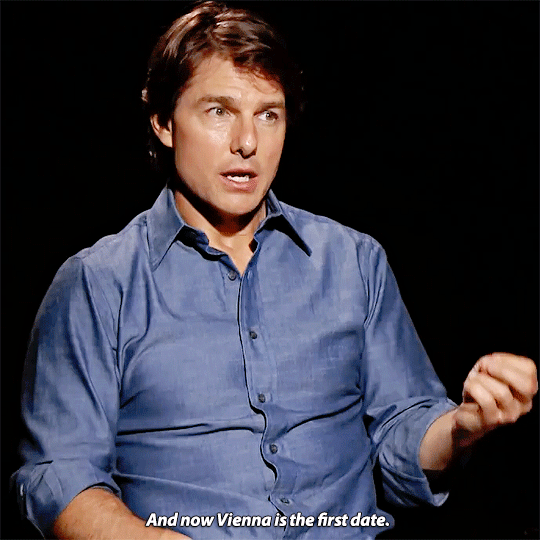

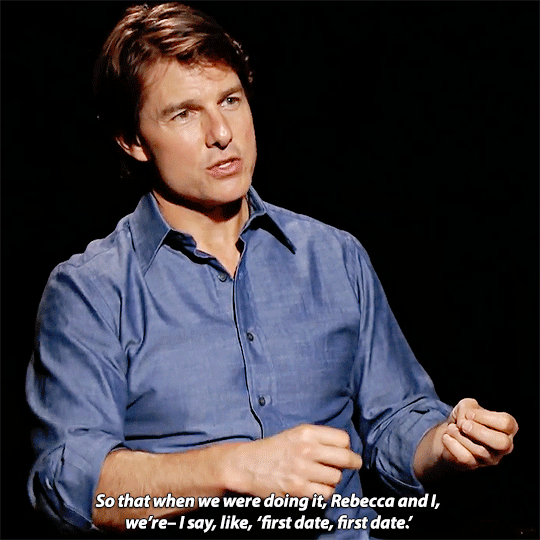
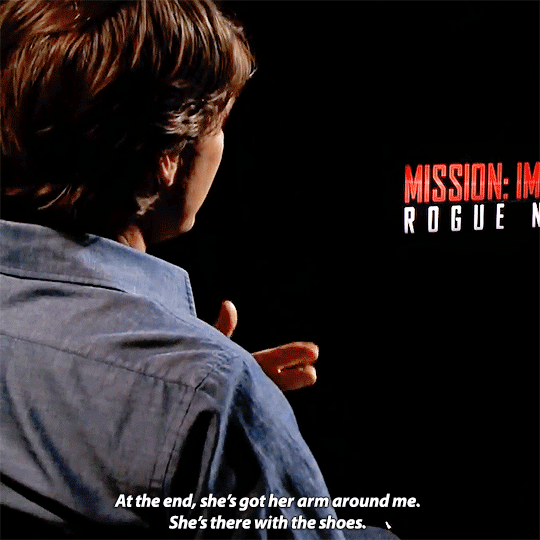
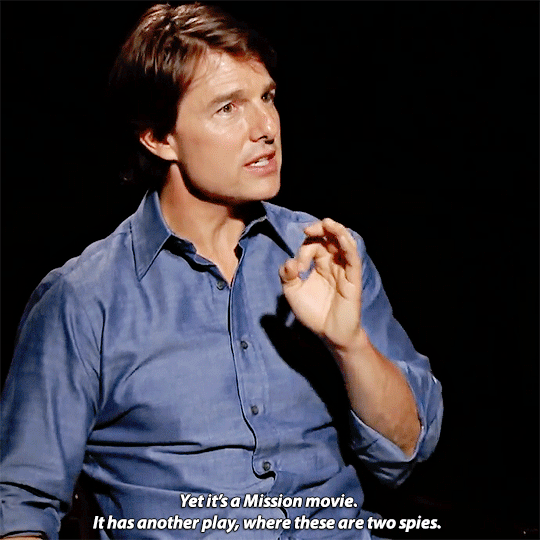
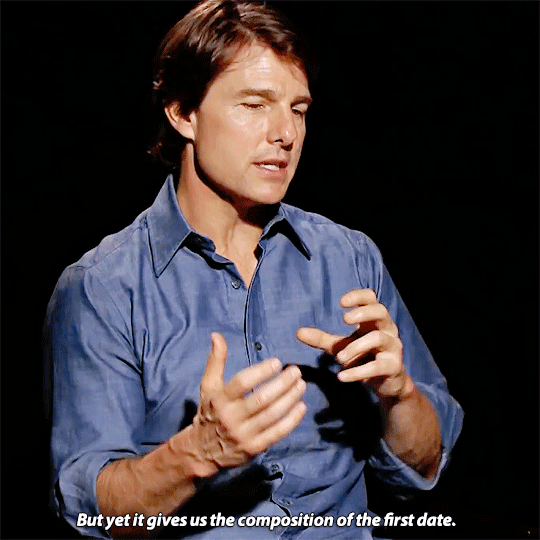



rogue nation: a rom com by tom cruise
#tcruiseedit#tom cruise#mission impossible#mission: impossible#ilsa x ethan#mi5#*mine#*commentary#the amount of times i've watched this#is actually embarrassing#i can literally mimic his hand movements atp#he will never shut up about it#captain of the ilsaethan ship for real
466 notes
·
View notes
Text

Something you need to remember is that journalistic photographers are still artists at heart. When you are providing a source of information that is to be seen as "the truth" you are going to frame things to look a certain way.
You will publish the ones that look like what you want. The framing of Luigi Mangione's transportation is incredibly evocative of paintings of Jesus being arrested. It also (not so) coincidentally is often the framing of a hero being captured for the greater good.
This is ON PURPOSE. Do not discredit the artist by calling it a mistake. This was on purpose. The artist supports him and is framing him as a hero.
No matter how much corporate news may attempt to drown out the support for Mangione, artists always have the ear of the people. A picture is worth a thousand words, isn't it?
#politics#political#luigi mangione#current events#fuck ceos#anarchist#anarchism#anarchocommunism#anarchopunk#anarcho communism#all art is political#artists on tumblr#media analysis#social commentary#my commentary#opinion#analysis
4K notes
·
View notes
Text
Two things can be and are true at once.
Robin Jason was a sweet, kind kid who cared about victims. He also had righteous rage and violent tendencies towards those he thought deserved it.
Being Robin gave him magic and as Robin he shattered a man's collarbone with no remorse.
#dc comics#dc#comics#comic books#under the red hood#utrh#batman comics#jason todd#red hood#robin jason todd#kid jason todd#jason peter todd#jason todd wayne#robins#batfam#batkids#character analysis#media commentary#batfans#batfandom#duality of man#media analysis#comic analysis#fandom critical
10K notes
·
View notes
Text
okay so there were a ton of posts/fics about the hilarious "fuck/maryy/kill" Bruce Wayne & Justice League scenario (I read them all, amazing comedic timing y'all) but to me, the most hilarious scenario is the JL play fuck/marry/kill, Bruce's name comes up, and half of the people in the room in the know immediately turn bright red and refuse to keep playing and no one will explain why.
Hal: "...and I would fuck Bruce Wayne. No, I would kill him. Nah, actually I'd fuck him, who am I kidding."
Clark: choking on his coffee and rapidly turning an alarming shade of red
Diana: "An....interesting choice, of course."
J'onn: "Shall we play a different game?"
Hal: "Wait, what? that was the game, wasn't it?"
Ollie: "I'm with Hal, I'd fuck the shit out of Bruce. He's the easiest guy I know, it's not like it'll exactly be a hardship for him."
*every single person in the room turns to Batman, standing in the corner*
Clark: "Wow! I think I just heard someone drop an ice cream cone in Guatemala. Batman, I'll need a team up."
Ollie: "For ice cream?"
Diana, standing up and putting herself in between Bruce and Hal: "This sounds dire. I will also assist."
Clark, under his breath, one hand on Bruce's back: "It's not worth it. He's not worth it. Come on. Walk it off."
#treadmill thoughts#bruce wayne#batman#dc#fic commentary#justice league#jl#and then like three years later#when he finally tells them#this moment comes back to hal jordan in technicolor
14K notes
·
View notes
Text
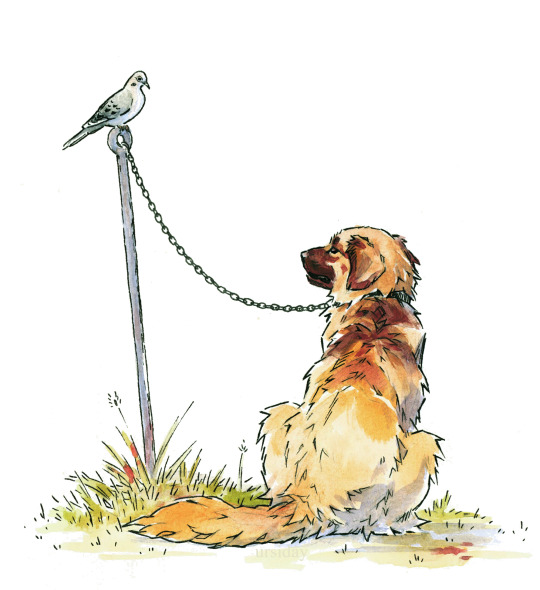
You're an angel, I'm a dog
#art#artists on tumblr#animal art#traditional art#gouache#dog#bonus commentary for people who read my tags is that this is ship fanart but under enough layers of obfuscation it doesn't really matter
7K notes
·
View notes